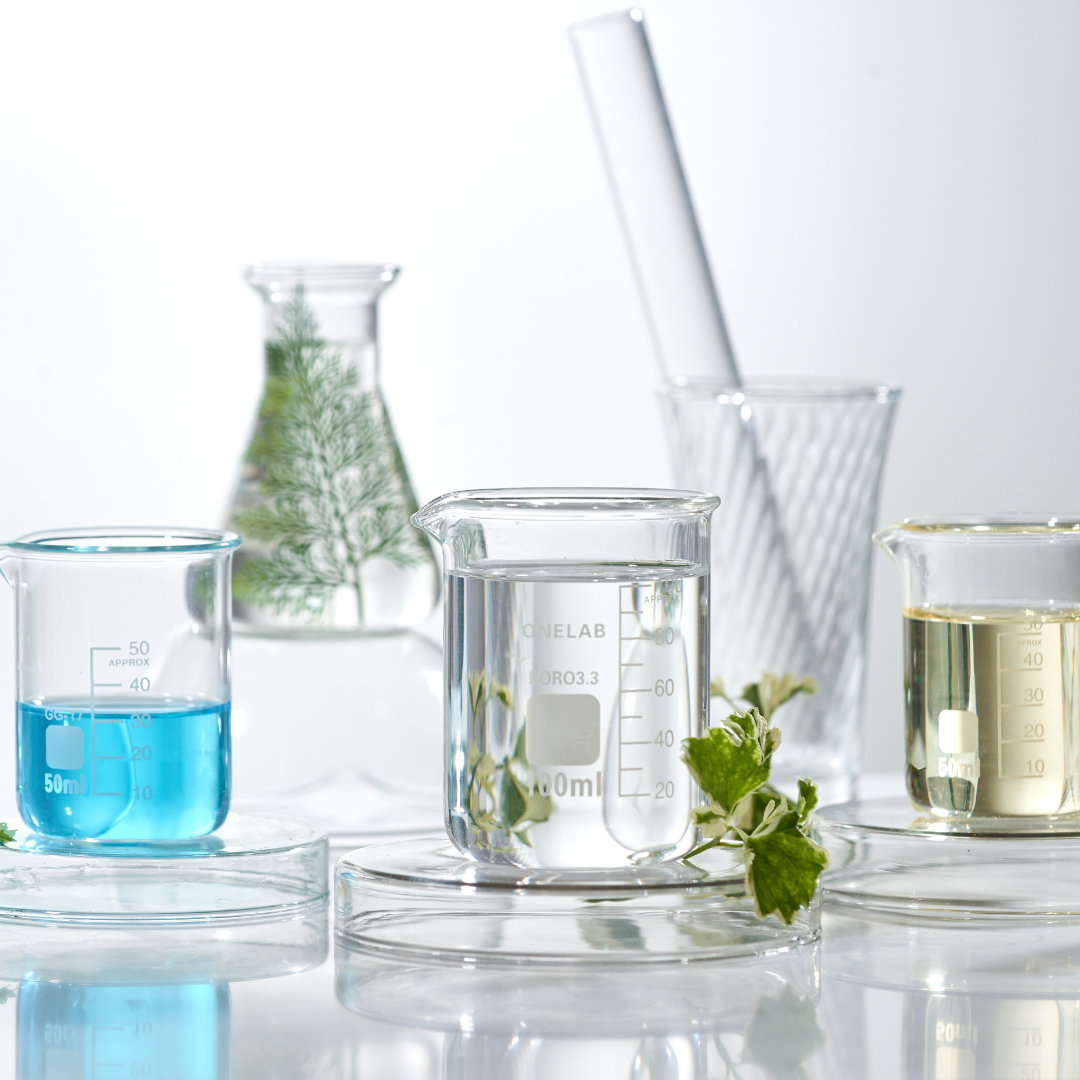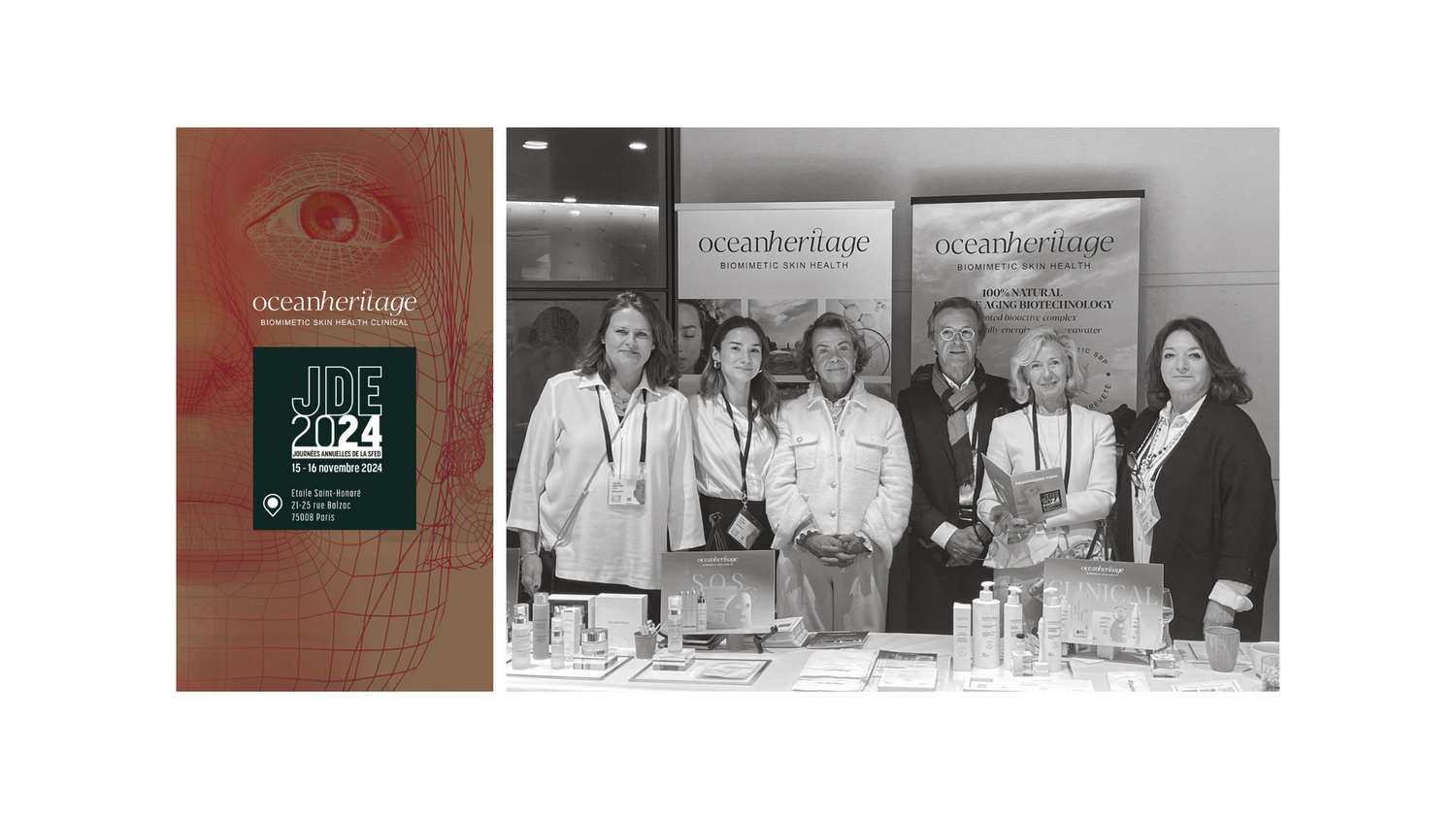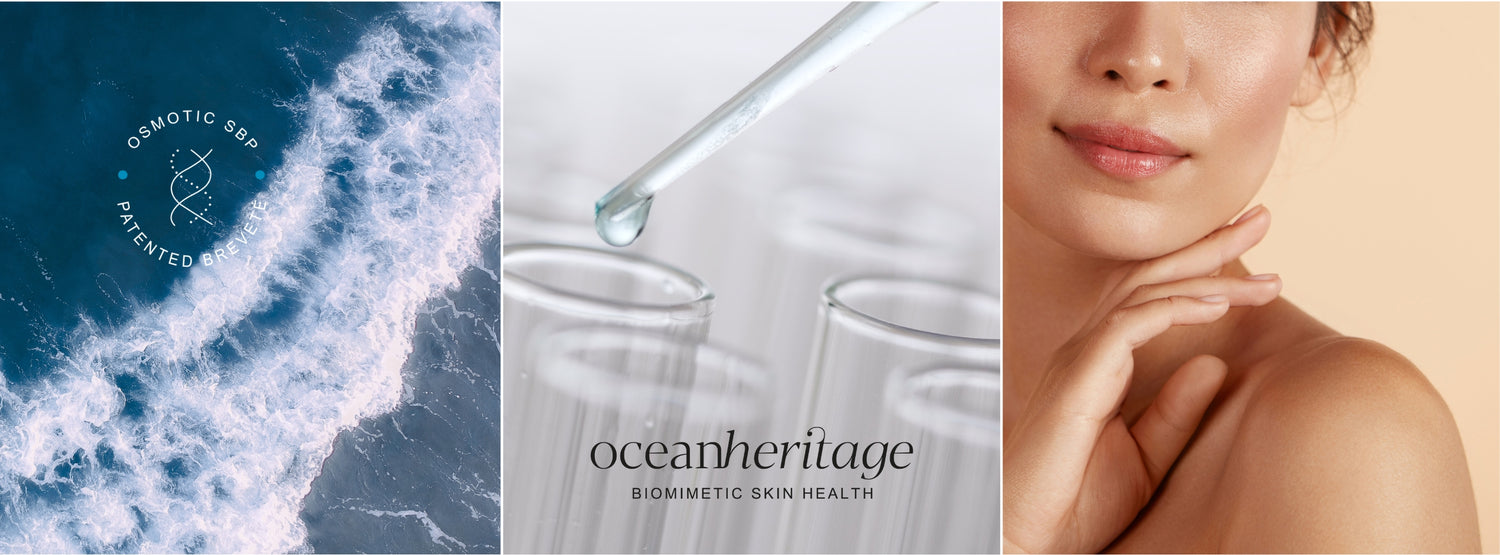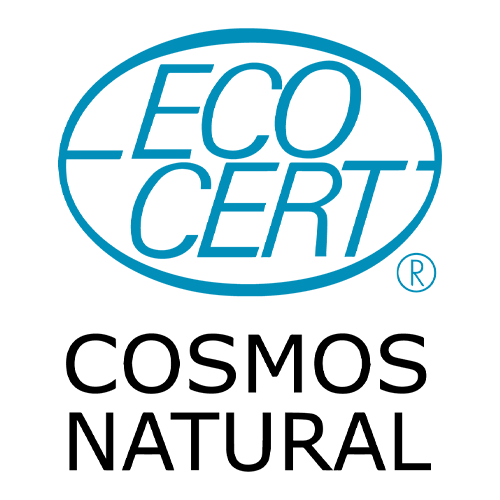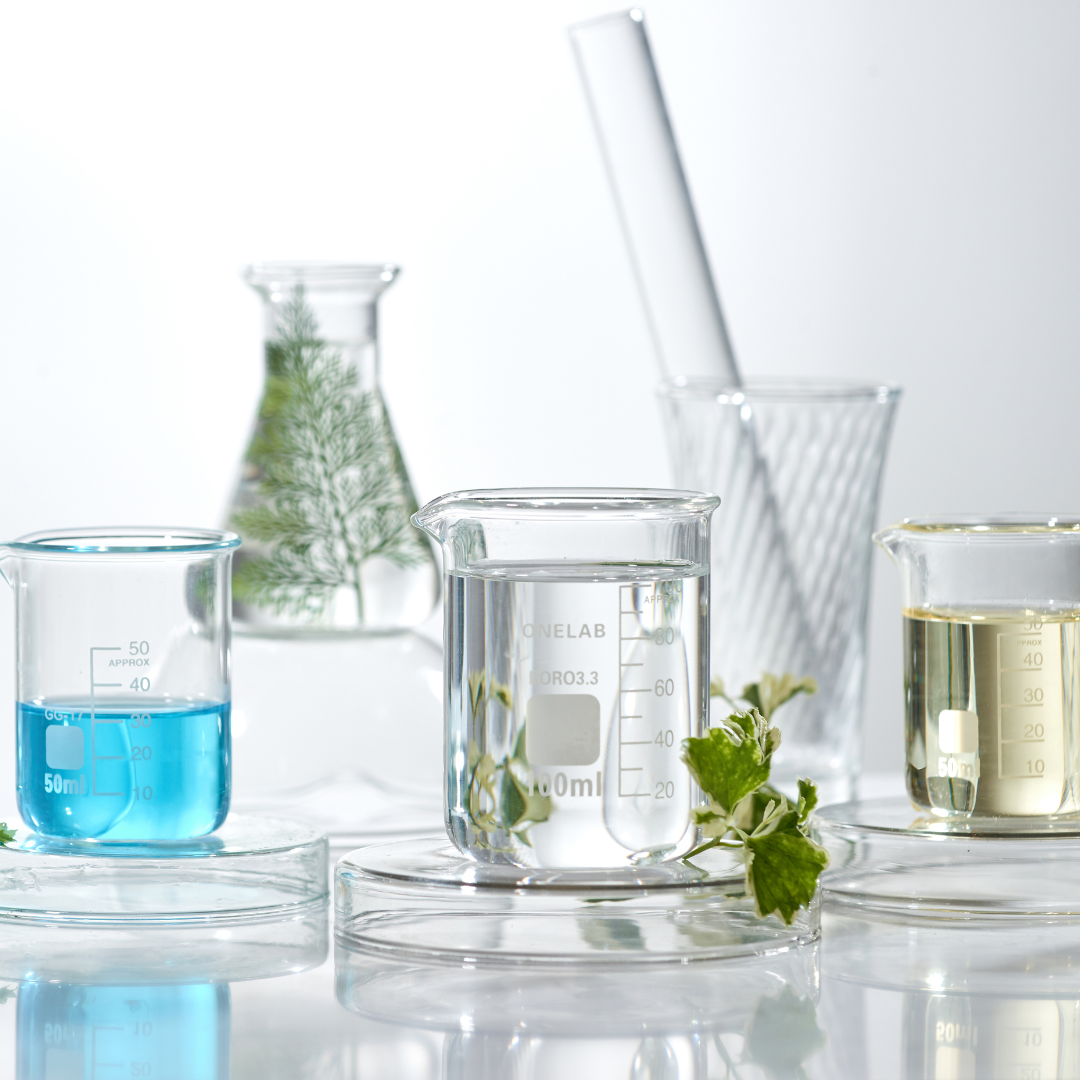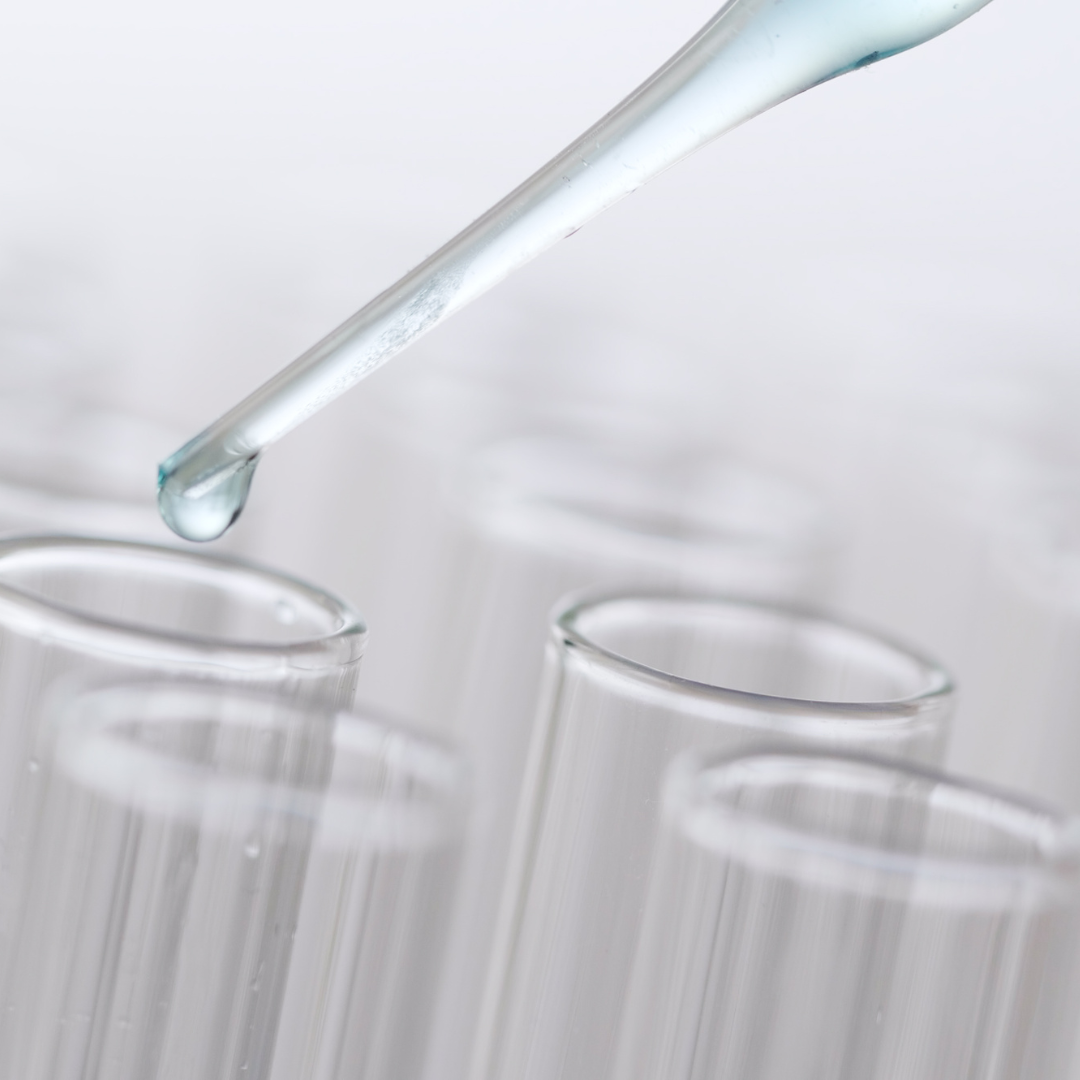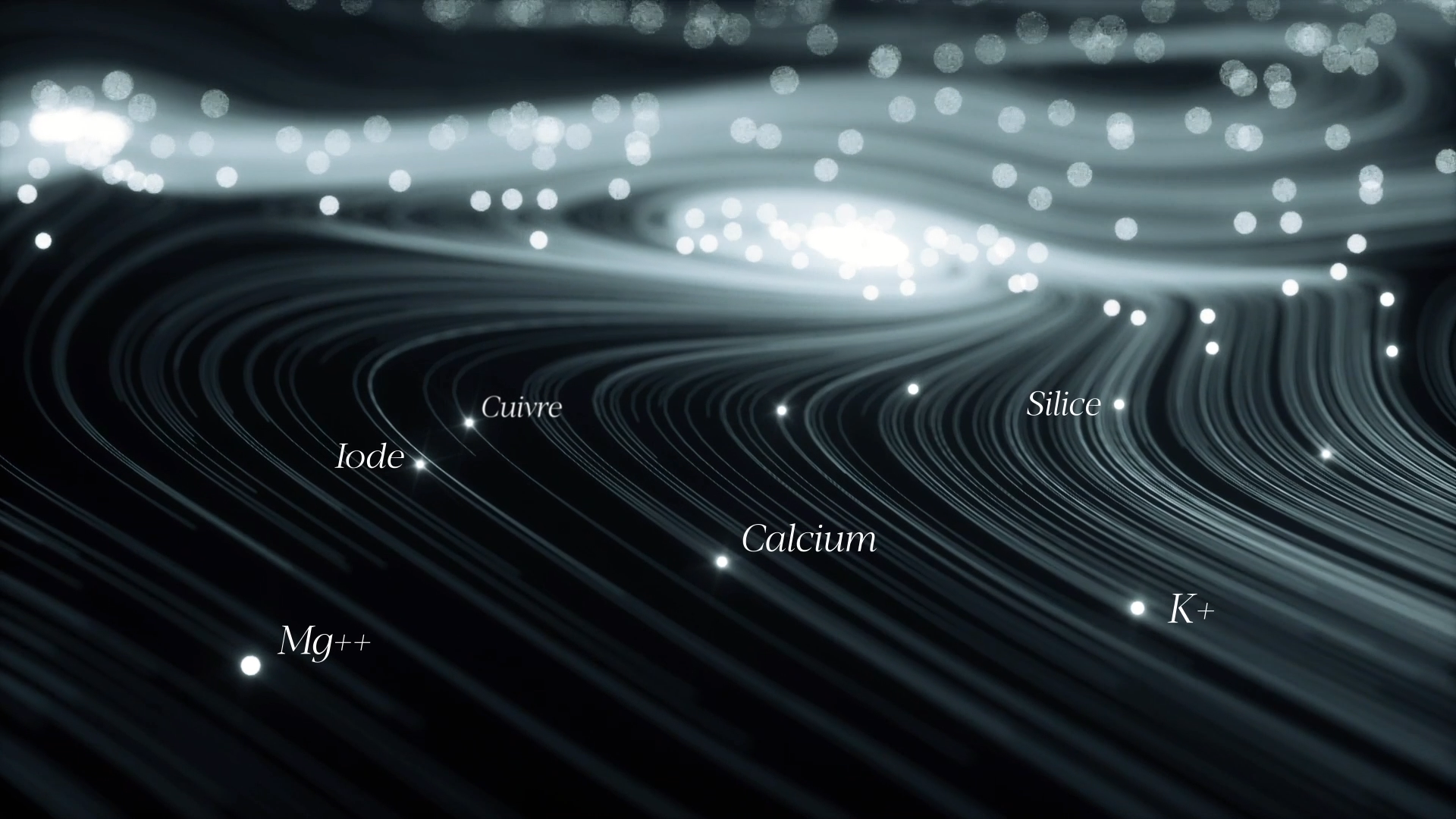Between natural cosmetics and organic cosmetics, it is not always easy to tell the difference. Multiplication of “natural” and “natural origin” claims by brands, green washing... It's not easy to get the right idea! What is the definition of natural cosmetics and organic cosmetics? Are organic beauty products necessarily 100% natural? Can we trust labels? We tell you everything!
1. What is natural cosmetics?
Natural cosmetics does not have a “regulatory” definition strictly speaking and it varies from one country to another. As its name suggests, these are beauty products formulated using ingredients from nature. Their origin can be plant (plants, flowers, fruits, etc.), marine (algae, phytoplankton, etc.), mineral, bacterial and animal (honey, milk, etc.) - except vegan formulas.
2. A reliable logo to identify natural cosmetics...
To choose your natural beauty product, you can rely on the Cosmos label. This label is recognized for its seriousness, its specifications are demanding and it is by far the most used in Europe. To be eligible to display the Cosmos Natural logo, a beauty product must contain at least 95% natural ingredients. It must also exclude many undesirable or controversial ingredients from petrochemicals: PEG, silicones, phenoxyethanol, parabens, GMOs, synthetic perfumes and dyes... The remaining 5%? These are ingredients of petrochemical origin authorized in small quantities, including certain preservatives.
3. What about ISO 16128?
If you see the mention ISO 16128 on packaging, know that this is a standard that allows brands to calculate their degree of naturalness. On the other hand, it does not regulate the composition of the products: there is no control body, nor a list of undesirable ingredients, in particular. A beauty product displaying 85% ingredients of natural origin according to the ISO 16128 standard may therefore contain, in the remaining 15%, undesirable ingredients. It does not have the same function, nor the same requirements, as natural and organic labels.
4. In organic cosmetics, are all the ingredients necessarily organic?
Which label should you trust? No, because it's not possible! To be labeled organic, an ingredient must come from organic farming. However, water is a major component in most cosmetic formulas (up to approximately 80%), and it cannot be certified. This is also the case for minerals, by the way. To choose your organic cosmetics, you can rely on the Cosmos Organic logo, the organic alter ego of Cosmos Natural. In Europe, the Natrue and Nature et Progrès labels are also serious. To be labeled Cosmos Organic, at least 95% of the plant ingredients that make up the beauty product must come from organic farming. And including water and minerals, they must represent at least 20% of the finished product (10% for rinse-off products). In fact, very few beauty products are made from 100% organic ingredients. This is the case for certain organic vegetable beauty oils or certain organic solid beauty products, for example.
5. Is certification obligatory in organic cosmetics?
No, certification is a voluntary process for natural and organic cosmetic brands: it is therefore not obligatory. But it is an additional guarantee, because brands must meet demanding specifications in terms of ingredients, eco-responsible manufacturing methods, packaging, etc. Please note, however, that certain distribution channels require certification, like chains of organic stores.
6. What does the Cosmebio logo on packaging mean?
Once certification has been obtained, brands can also decide to adhere to the Cosmebio charter. This pioneering French association has set itself the mission of supervising and promoting the development of organic cosmetics. It issues a label, visible on the packaging. For several years, the Cosmos specifications have been the benchmark for Cosmebio.
7. Is a cosmetic labeled organic 100% natural?
For Cosmos, a beauty product labeled organic is by definition a natural beauty product. But they are not necessarily 100% natural, given the small margin of petrochemical ingredients (5%) authorized by the specifications.
8. Does the oceanheritage range adhere to these different labels?
Yes, and its specifications even exceed the requirements of the various existing cosmetic labels ! The four oceanheritage facial treatments are 100% of natural origin. All are Cosmos Natural or Cosmos Organic certified. Rare thing: the preservative systems used in their formulas are of natural origin. They were extracted from sugar cane, star anise, corn, cinnamon and beets.
9. How to identify the ingredients in a natural or organic facial treatment?
Regulations require brands to indicate their ingredients on packaging. This is the INCI list. Organic ingredients can be recognized by their asterisk. For ingredients dosed at more than 1%, they must appear in order of decreasing concentration. Below, the brand is free to choose. It is not always easy to identify all the ingredients: some have Latin names, or very technical names. To help you, do not hesitate to use applications such as Yuka, 60 Million Consumers or Clean Beauty. This way, you will know what your beauty product is made of, with or without a label.


